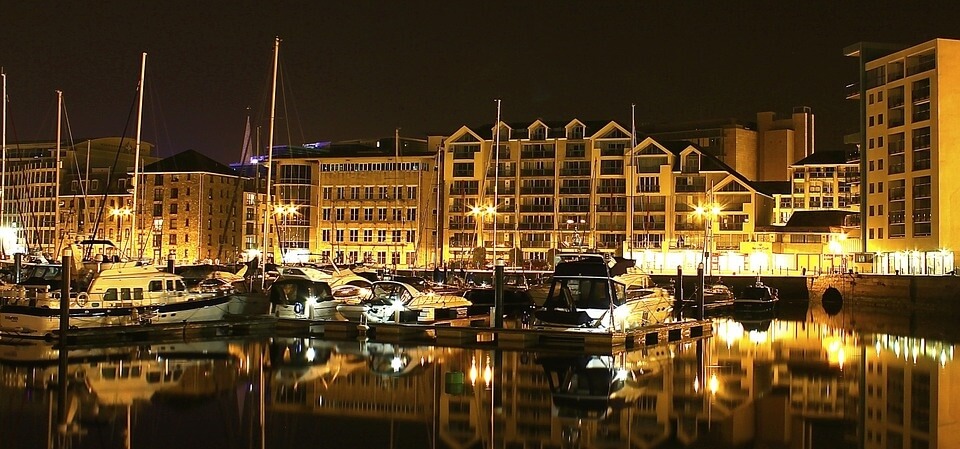ESF in the South West of England covers the counties of Devon, Somerset, Dorset, Gloucestershire and Wiltshire, including Bristol. Geographically, the economy is dispersed, with few but very important urban centres, such as Exeter, Bristol, Plymouth, Bournemouth and Pool, Swindon, Weston Super Mare, Gloucester, Taunton and Torbay. The area is reliant on critical transport and key public services.
The South West has a diverse and relatively successful economy with many strengths, including expertise in the low-carbon economy, defence, marine and maritime industries, two world-class universities, two National Parks, tourism and a growing knowledge base.
Small and medium enterprises (SMEs) form a significant part of the business sector, derived from and fostering an entrepreneurial spirit. However, the healthy labour market was hit hard and swiftly by the recession. In terms of the rate of redundancies, Swindon was the hardest hit. Worklessness rose across the South West: the JSA rate grew by 239% between April 2008 and April 2009.

Large employment sectors include distribution, hotel and restaurant, banking and finance. There is also a reliance on public sector employment, which can be up to 40% of the workforce in urban areas, meaning there is potential for further labour market decline as public spending restrictions accelerate.
Diversity in the population is increasing, with women, ethnic minorities, people with disabilities, older people and highly qualified people accounting for a larger share of the population, and unqualified people correspondingly accounting for slightly less.
Adult participation in training and learning is relatively high compared to other areas, with an increasingly skilled workforce: 43% are in higher level skilled occupations across the South West.
Issues for the South West include worklessness, an ageing workforce and wider population, and unemployed young people, hit especially hard by the recession.
